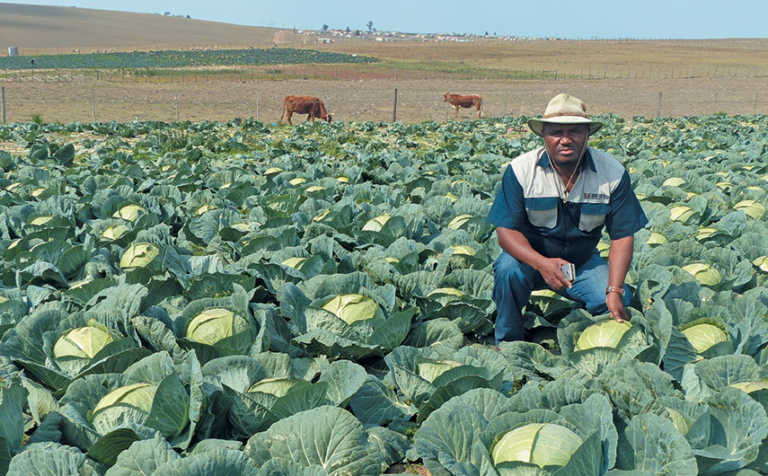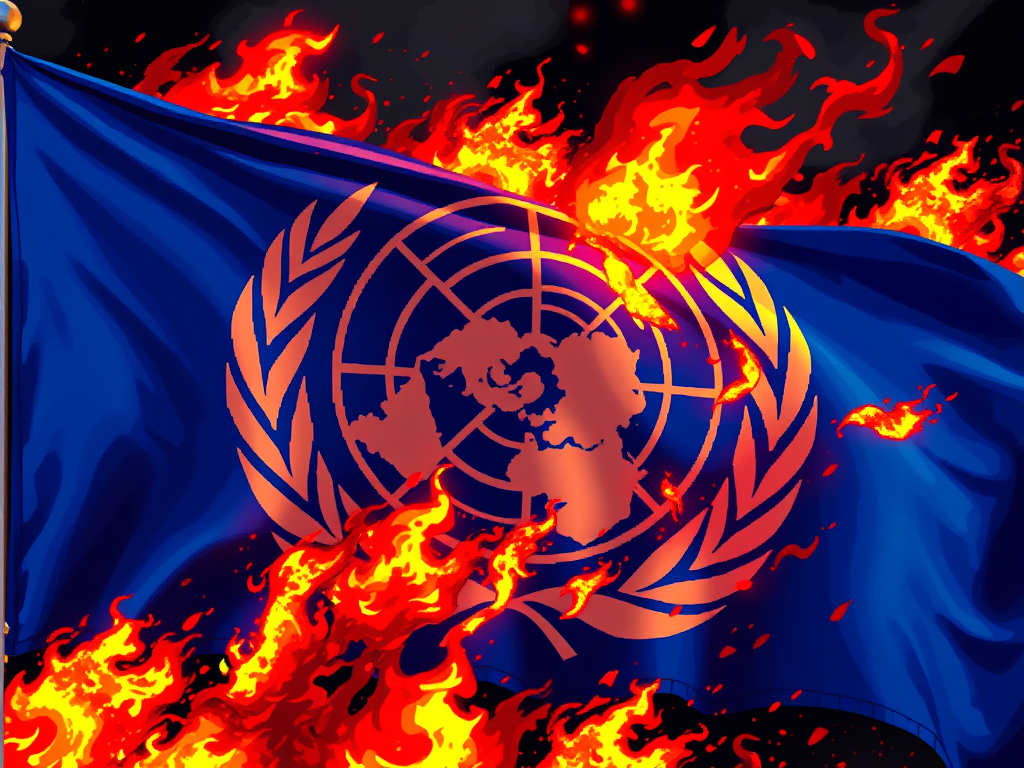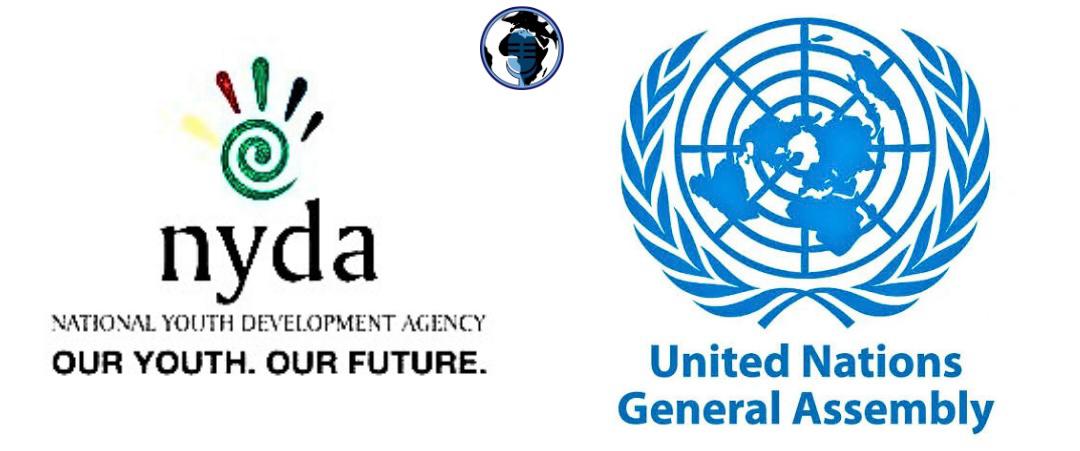The Mineworkers Development Agency (MDA) has emerged as a critical force in building inclusive value chains that empower previously disadvantaged South Africans, particularly in rural provinces such as the Eastern Cape, North West, Limpopo, Free State, KwaZulu-Natal, and Mpumalanga. Rooted in its historical link to the mining sector, the MDA has broadened its mandate to address food security, enterprise development, and community resilience—placing former mineworkers and their families at the heart of sustainable rural economies.
At the core of MDA’s impact is its Food Security Programme, a flagship initiative that has already established more than 10,000 home food gardens across rural provinces. These gardens ensure that at least 60% of food consumed in participating households comes directly from their own production. Beyond household nutrition, the MDA plays an aggregation role, collecting surplus produce and channeling it into income-generating projects that directly benefit early childhood development (ECD) centres and old age homes.
This aggregation model is designed to break down barriers created by monopolies in the agricultural value chain, while upholding strict food safety standards. It is both a livelihood programme and a pathway toward food sovereignty, ensuring that communities reclaim control over what they produce and consume.
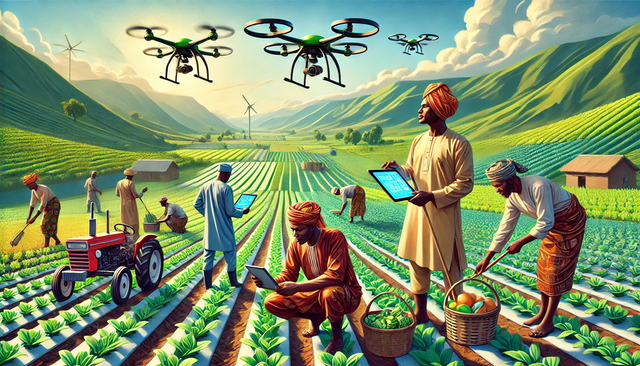
Aggregating Honey and Unlocking Beekeeping Potential
The second pillar of MDA’s aggregation model lies in the honey value chain. Building on its successful beekeeping programme, which has already distributed 7,000 beehives across the country, the agency has introduced a standard off-take guarantee of R85 per kilogram of honey at the farm gate. Farmers benefit further as the MDA absorbs transport costs to its Germiston-based packing and distribution facility, ensuring maximum returns for producers.
This approach not only guarantees fair value for primary producers but also strengthens the competitiveness of South African honey in local markets. By promoting consumer knowledge about the difference between locally produced raw honey—rich in natural nutrients—and imported or irrigated honey that lacks these qualities, the MDA seeks to both educate the market and reduce the flood of imported honey on local shelves. With a potential to generate more than R 30 million per annum in direct honey and related products for Honey producers.
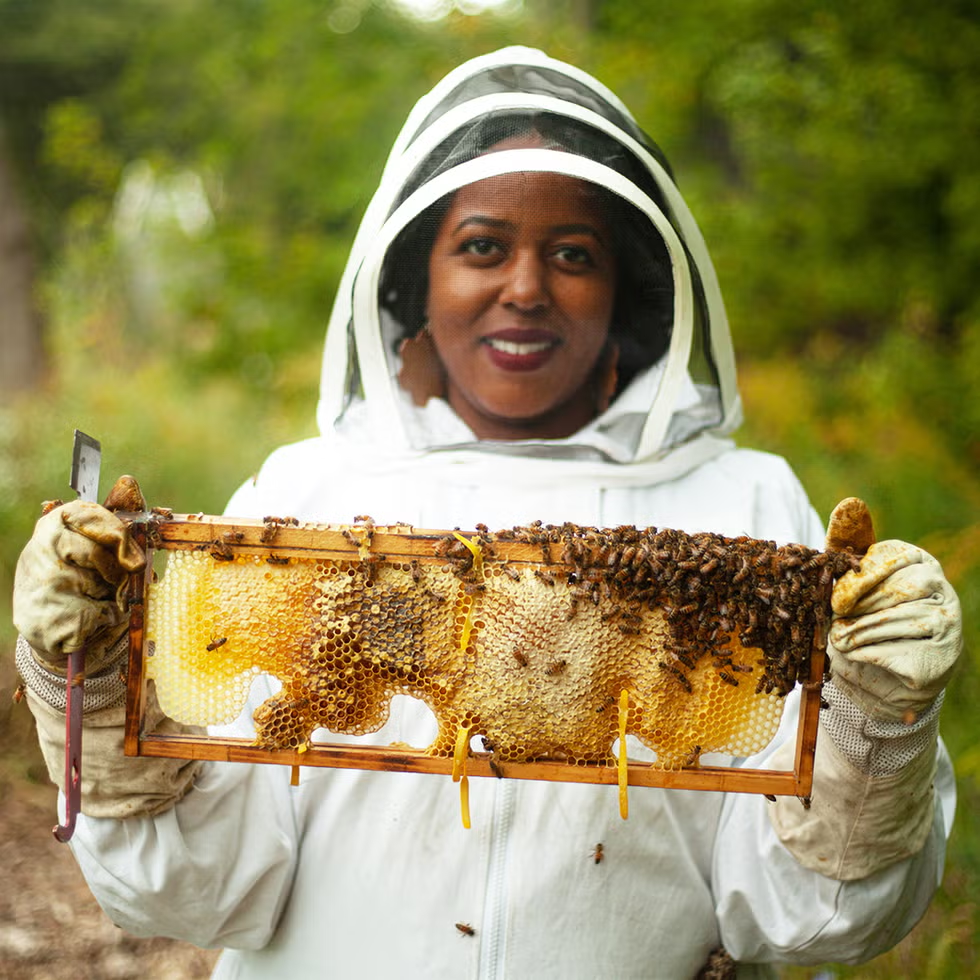
Supporting Sheep Farmers and Wool Growers
A third value chain spearheaded by the MDA supports 500 sheep farmers organized into 15 wool grower associations. In collaboration with its Lesotho programme, the agency is working to ensure that rural wool producers capture greater value from the wool they shear. By tackling barriers such as inadequate storage and delayed sales—which often result in farmers losing value—the MDA strengthens farmer bargaining power while linking them directly to structured markets. As currently they are generating just below R 2 million Rand a year from sales from their shearing facilities.
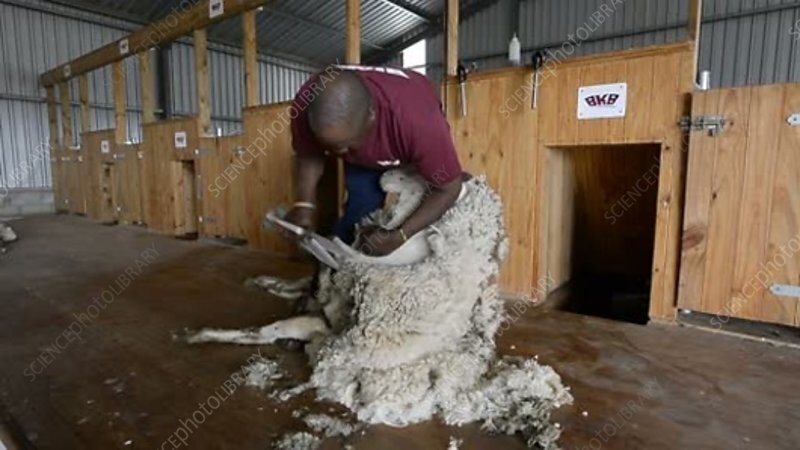
Eggs, Protein Security, and Combating Stunting
The MDA’s work in egg production and protein provision represents another vital intervention in addressing both poverty and child development challenges. Through its Marikana and Welkom Agri-Hubs, the agency will produce 7,000 and 5,000 eggs per day respectively. These hubs will complement the many poultry enterprise development projects supported by the MDA, creating opportunities for former mineworkers to secure sustainable incomes while positioning the agency as their guaranteed off-take partner.
This effort aligns directly with the fight against stunting in early childhood development programmes, where access to affordable protein remains a major challenge in rural and mine-hosting communities.
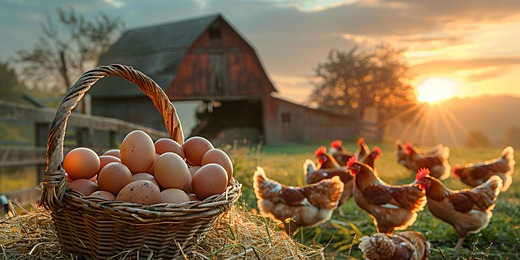
Building Sustainable Livelihoods and Social Cohesion
Through these integrated value chain interventions—spanning food, honey, wool, and eggs—the MDA is not only creating jobs and entrepreneurship opportunities but also laying the foundation for alternative economic pathways in mine-hosting and labour-sending communities.
The overall objective is clear: to create sustainable livelihoods that reduce dependency, build resilience, and foster social cohesion in rural South Africa. By disrupting monopolies, guaranteeing fair value for producers, and reinvesting in community needs, the Mineworkers Development Agency continues to prove itself as a pioneering aggregator in the journey toward inclusive rural development.
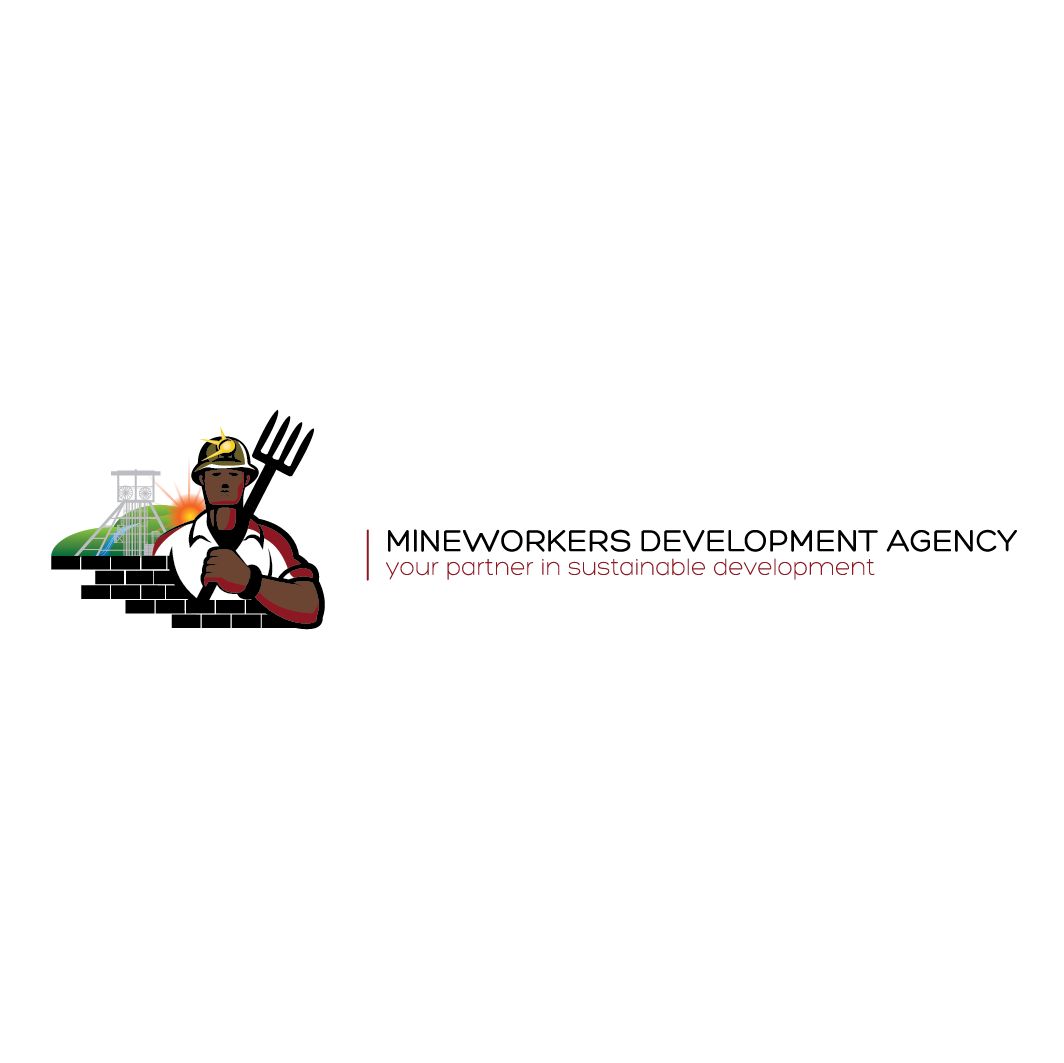
Coordination and alignment of programmes
For this model to work, the MDA needs to have strong working relations with Department of Agriculture and Rural Development in all provinces and develop a programme that will achieve the following:
- Mapping of all primary producers of Honey, Eggs, Wool and Food gardens;
- Conduct a gap analysis of how land is available to the producers, what is their current production ratios, markets and cost of ramping or scalling up;
- Areas of common aggregation amongst themselves, where it’s based on geographic location (Village, Local or District Municipality) or product (honey, eggs or wool)
- Corridors framework through unblocking of infrastructure, logistics and regulatory hurdles with District Municipalities, Development Agencies and relevant bodies SABS, NAMC, PPECB, amongst others,
- Build aggregation networks by coordinating various players including tapping into Enterprise Supplier Development and Social & Labour Plans linked to viable funded and unfunded IDPs of local and district municipalities.
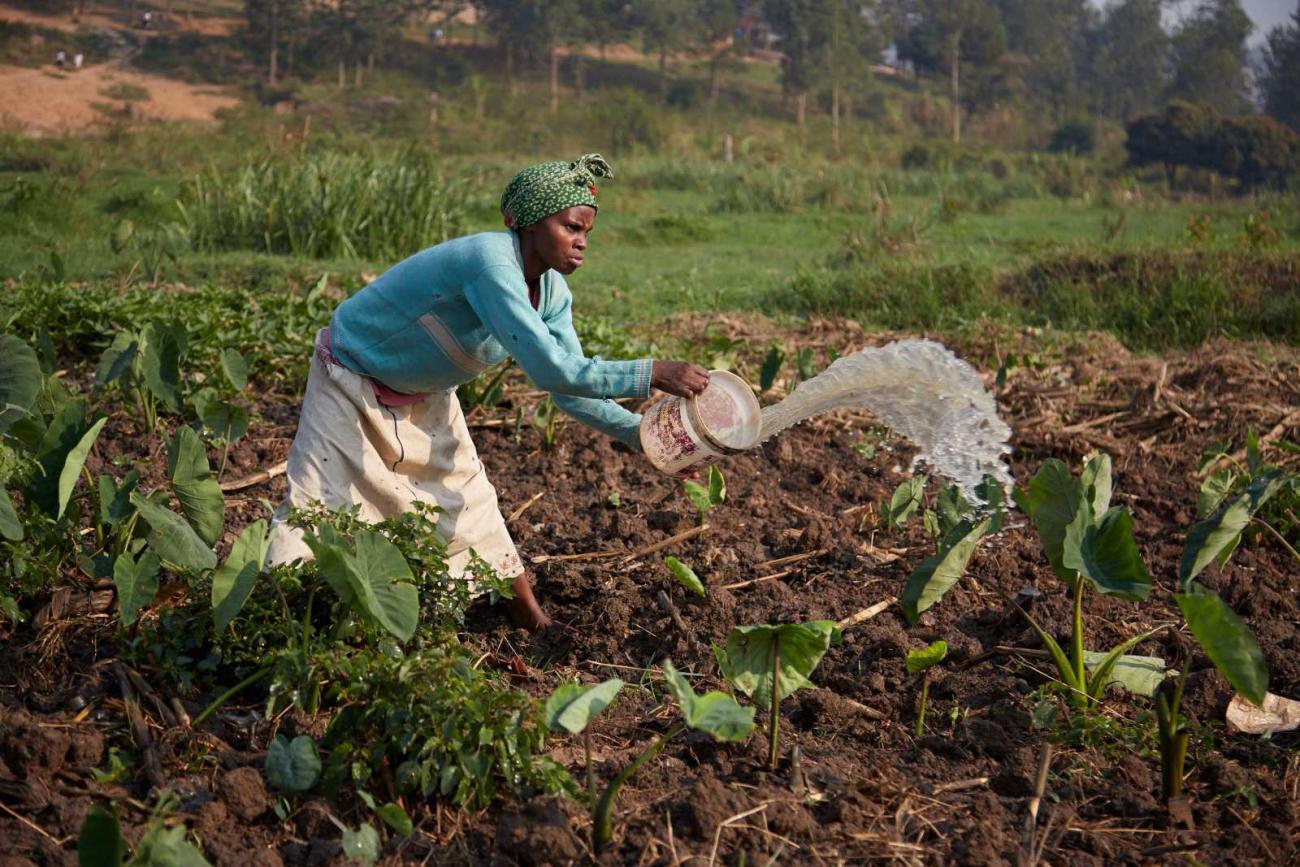
The Mineworkers Development Agency is proving that rural South Africa does not lack potential, it lacks aggregation, coordination, and investment. By organising fragmented producers into functional value chains, the MDA has already turned under-utilised land and labour into productive assets, creating new jobs and sustaining thousands of households.
Where food security once meant dependency on external suppliers, families now consume up to 60% of their food from their own gardens. Where rural land once stood idle, beehives, wool shearing sheds, and poultry enterprises now generate steady incomes. And where child malnutrition was a persistent threat, affordable protein and community nutrition projects are reshaping early development outcomes.
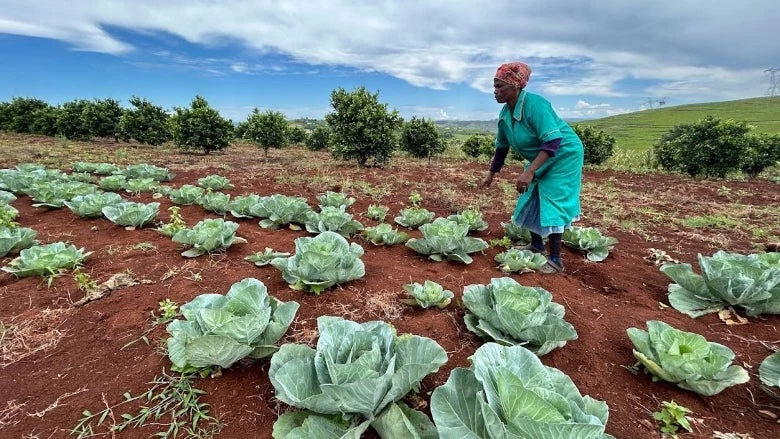
The MDA’s approach demonstrates that inclusive value chains are not charity, they are engines of economic resilience. Every garden, hive, and flock is a micro-enterprise that contributes to a larger system of local self-sufficiency. In unlocking these dormant rural resources, the MDA is not just creating jobs; it is building rural economies that can stand on their own feet, resist external shocks, and offer dignity to families who were once excluded from the mainstream economy.
The lesson is clear: South Africa’s rural future can be transformed if the country backs proven models that integrate food security, enterprise development, and value-chain aggregation. The MDA has built the blueprint. Scaling it is the next step.
